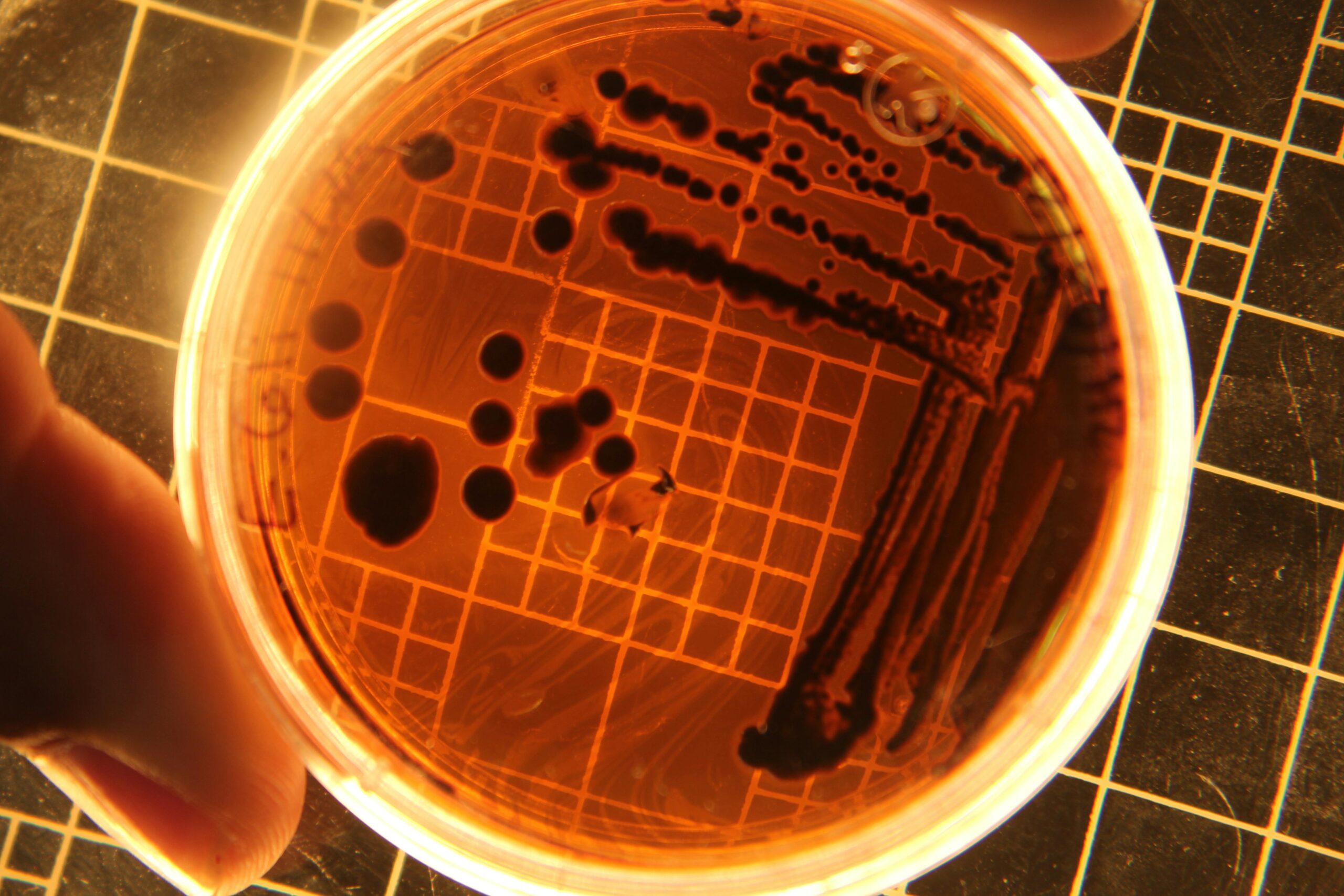Listeria monocytogenes is a pathogenic bacterium responsible for listeriosis, a serious foodborne illness that can lead to severe health complications, particularly in vulnerable populations. Effective disinfection in food processing environments is crucial for controlling this bacterium. Recent research from the University of Massachusetts Amherst has employed artificial intelligence (AI) to predict the survival of Listeria monocytogenes when exposed to various disinfectants. This report summarizes the key findings of the study, the methodology used, and the implications for food safety.
Study Overview
The study aimed to understand how Listeria monocytogenes can survive in the presence of disinfectants commonly used in food processing facilities. Researchers developed a machine learning model that analyzes the genetic makeup of the bacterium to identify traits associated with its resistance to disinfectants.
Methodology
The researchers utilized a dataset comprising genetic information from various strains of Listeria monocytogenes. The AI model was trained to recognize patterns and predict the bacterium’s survival based on its genetic characteristics. By analyzing the genetic traits, the model could determine which strains were more likely to withstand disinfectant exposure.
Key Findings
- Adaptation to Disinfectants: The study revealed that Listeria monocytogenes has the ability to adapt to disinfectants, which poses a significant challenge for maintaining food safety in processing environments.
- Genetic Traits: The AI model successfully identified specific genetic traits linked to the bacterium’s survival, providing insights into how certain strains can resist the effects of disinfectants.
- Implications for Food Safety: The findings underscore the importance of developing targeted disinfection strategies that consider the genetic diversity of Listeria monocytogenes. By understanding the genetic factors that contribute to disinfectant resistance, food safety protocols can be improved to reduce the risk of contamination.
Conclusion
The application of artificial intelligence in predicting the survival of Listeria monocytogenes in disinfectants represents a significant advancement in food safety research. The ability to identify genetic traits associated with disinfectant resistance can help inform more effective disinfection strategies in food processing facilities. This research highlights the potential of AI to enhance food safety measures and combat bacterial resistance, ultimately protecting public health.
Citation
The study on the survival of Listeria monocytogenes in disinfectants using artificial intelligence was conducted by researchers from the University of Massachusetts Amherst. The research team aimed to analyze the genetic makeup of the bacterium to predict its resistance to various disinfectants commonly used in food processing environments.








Leave a Reply